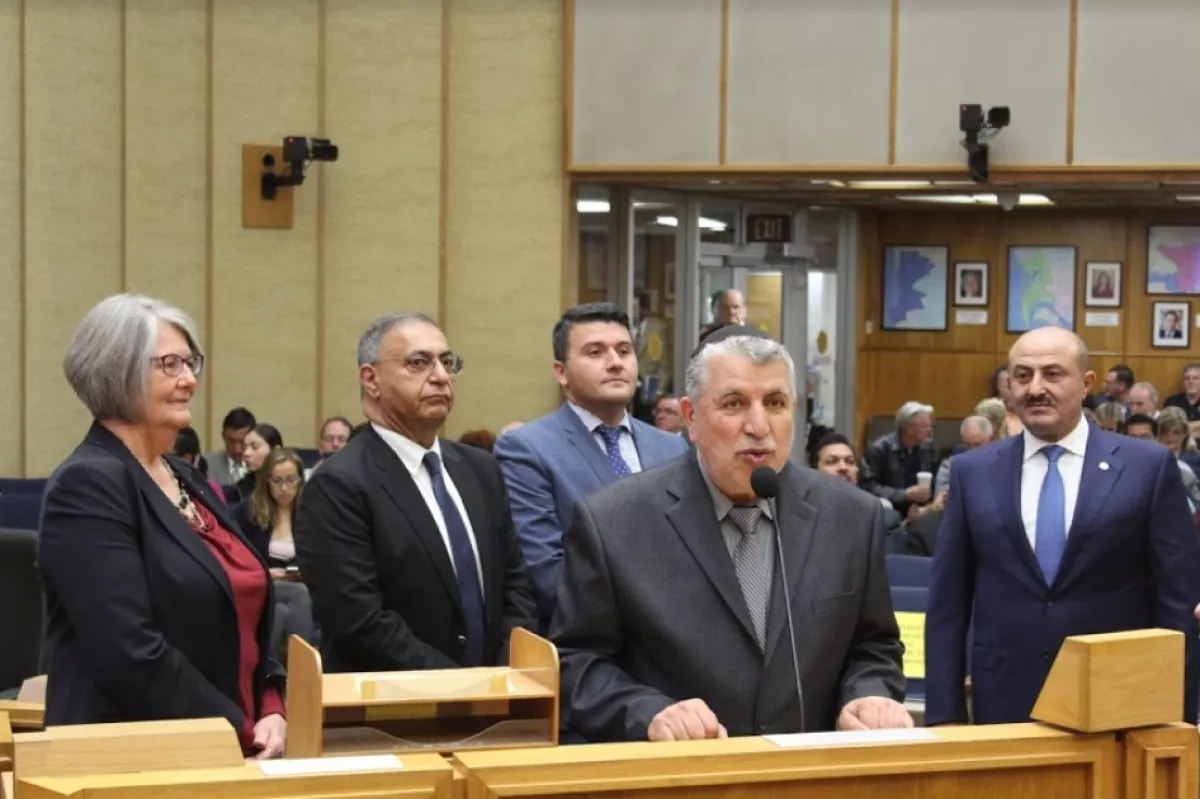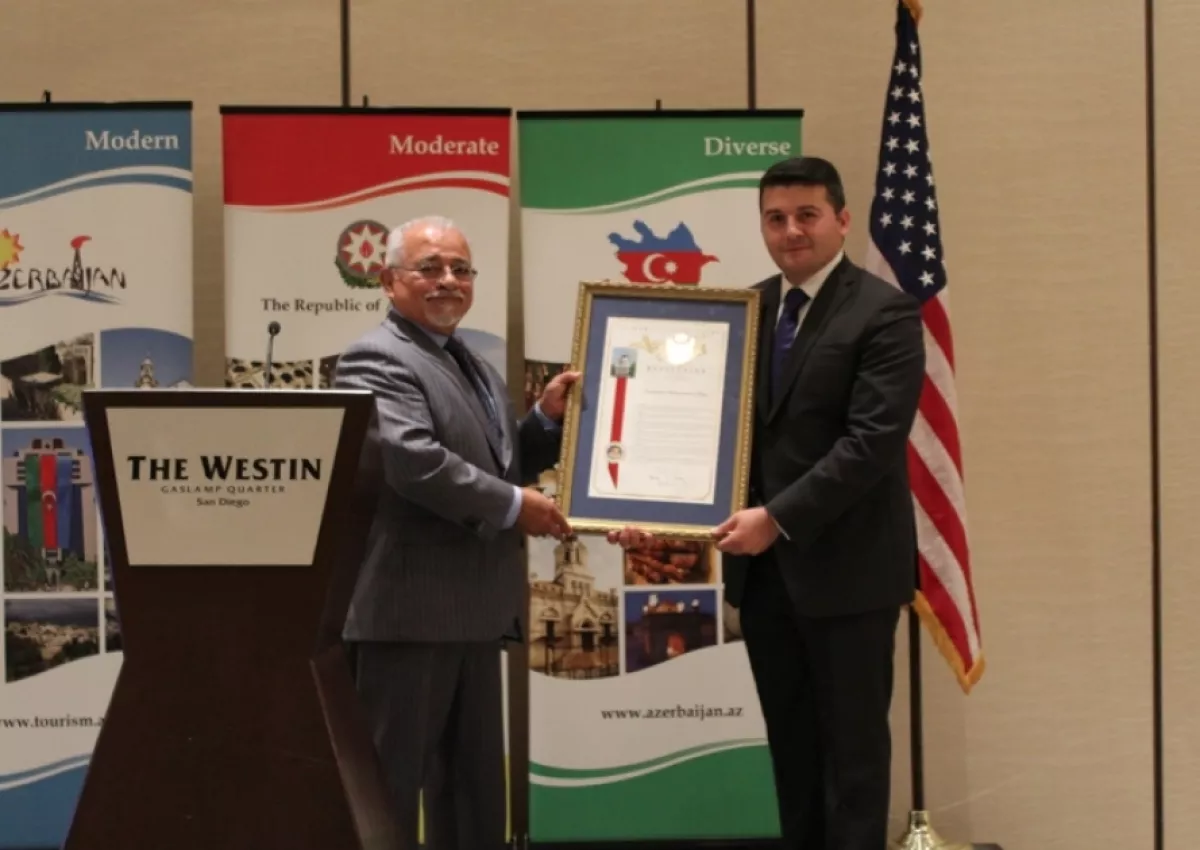San Diego and Baku: Bridges of trust between countries Article in American Media
The American newspaper The San Diego Union-Tribune has published an article by journalist Martin Kruming, dedicated to civil diplomacy between Azerbaijan and San Diego. Caliber.Az presents selected excerpts from the piece.
More than 15 years ago, some teachers from Azerbaijan visited San Diego thanks to a U.S. State Department program. One of them stayed in our Switzer Highland neighborhood east of Balboa Park, and, even though we knew nothing about his country, we liked him as a human being.
After he returned to Baku, we wrote a letter to the Azerbaijan ambassador in D.C., saying, if we were given a “neighborhood” anywhere in his country, neighbors would work collaboratively on cultural and educational projects.

Today, we’ve worked together on more than 50 projects, including a performance of the “Seven Beauties” ballet at downtown’s Civic Center by legendary composer Gara Garayev with the San Diego Ballet and the Grossmont College Symphony Orchestra.
Our relationship with Azerbaijan is a shining example of citizen diplomacy, and it was the basis for establishing the Global Neighborhood Project, an intergenerational nonprofit with partnerships and projects in more than 10 off-the-beaten-path countries, including Botswana, Latvia, Morocco, Mongolia, Uruguay and Uzbekistan.
One of the projects is the seventh Annual San Diego-Baku Youth Chess Tournament at the Coronado Library on May 3. Azerbaijan is a top chess nation, ranked No. 6 in the world by the International Chess Federation.

Citizen diplomacy on a global scale has many faces: photographers in San Diego and Eldoret, Kenya, exchanging online portfolios of their neighborhoods; San Diego authors reading to children in Fez, Morocco; San Diegans giving baseballs to youngsters in Cuba; teenagers from San Diego playing three-person basketball in Mongolia and much more.
Dwight David Eisenhower, a Texan who commanded military forces during World War II and became the 34th president of the United States, established Sister Cities International (“Think Globally, Thrive Locally”) in 1956 with the aim of connecting cities and people in a non-governmental capacity. For instance, the city of San Diego has more than 20 Sister City relationships connecting global cities through culture and education. Perth, Australia, and Marseilles, France, are just two examples.
While on this journey, be observant and notice everything that connects people, including baseball caps and T-shirts.
Career diplomats swim in many waters, including culture, education and politics, as do citizen diplomats — but without the politics.
A friend of mine is a retired Marine Corps officer who spent five years assigned to the U.S. Embassy in Oslo, Norway, and today travels throughout Central Asia. In Bukhara, Uzbekistan, he met an internationally recognized artist who teaches painting to deaf children. Last November, my friend brought the artist and his interpreter to San Diego, where they had exhibitions at the Carlsbad Chamber of Commerce and the Oceanside Public Library, before spending a day teaching students at the California School for the Deaf in Riverside.
All of this is a shining example of the quiet power of citizen diplomacy, something everyone in every country can practice, every single day.








